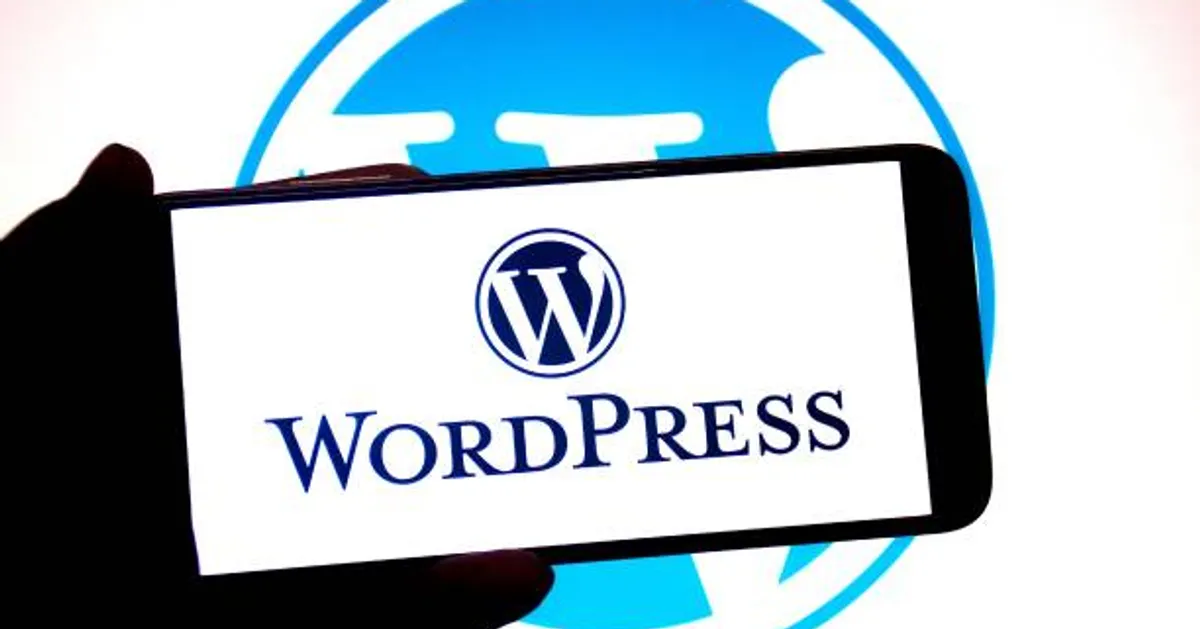WordPress Coding Standards 3.2: Essential Updates for Modern Web Developers

GeokHub

Elevating Code Quality in the WordPress Ecosystem
In the ever-evolving landscape of web development, maintaining consistent, secure, and performant code is paramount—especially within the expansive WordPress community. The release of WordPress Coding Standards (WordPressCS) version 3.2.0 on August 6, 2025, marks a significant milestone for developers crafting plugins, themes, and custom solutions. This update refines the PHP_CodeSniffer ruleset to align with the latest advancements in WordPress 6.8.1 and PHP 8.4, introducing targeted enhancements that address common pitfalls and modern language features. For web devs, adopting these standards isn’t just about compliance; it’s about building resilient, future-proof applications that foster collaboration and minimize technical debt. Whether you’re a solo freelancer or part of a large agency, these updates empower you to write cleaner, more efficient code that stands the test of time.
WordPressCS serves as the official toolkit for enforcing coding conventions across PHP, JavaScript, CSS, and HTML, ensuring uniformity in the world’s leading CMS. Version 3.2.0 builds on the foundation laid by prior releases, emphasizing precision in metadata handling, improved syntax support, and dependency optimizations. By integrating these changes, developers can reduce bugs, enhance security, and streamline reviews—ultimately delivering superior user experiences on millions of sites.
Key Updates in WordPressCS 3.2.0: What Changed and Why It Matters
This iteration focuses on subtle yet impactful refinements, prioritizing developer productivity and code reliability. Here’s a breakdown of the must-know enhancements:
1. New Sniff for Meta Functions: Preventing Inconsistent Return Types
One of the standout additions is the WordPress.DB.MetaFunctions sniff, which flags improper usage of metadata functions like get_post_meta(), get_term_meta(), get_user_meta(), get_metadata(), and their update_/delete_ counterparts. The critical rule? Always explicitly set the $single parameter to true or false unless you intentionally need an array return.
-
The Problem It Solves: Omitting
$singledefaults tofalse, returning an array—even for single values—which can lead to unexpected behaviors, such as loops breaking or conditional checks failing due to type mismatches. This has been a sneaky source of bugs in legacy code, especially when integrating with third-party plugins. -
Implementation Tip: Update your queries like so:
// Before (risky)
$value = get_post_meta( $post_id, 'my_key' );
// After (compliant)
$value = get_post_meta( $post_id, 'my_key', true );
- Impact for Devs: This sniff catches issues early in development or CI pipelines, saving hours of debugging. It’s particularly vital for eCommerce plugins (e.g., WooCommerce extensions) where metadata drives dynamic content.
2. Enhanced Heredoc and Nowdoc Formatting Checks
The Generic.Strings.DisallowHeredocNowdoc and related sniffs now enforce stricter whitespace and indentation rules for heredocs and nowdocs—PHP’s multi-line string constructs often used for SQL queries or email templates.
-
What’s New: Consistent line endings, no trailing whitespace, and proper alignment with the opening
<<<EODdelimiter. This prevents subtle parsing errors in PHP 8.4, where stricter syntax validation can trigger notices. -
Best Practice: Use nowdocs for static strings to avoid variable interpolation pitfalls:
$sql = <<<'SQL' SELECT * FROM wp_posts WHERE post_status = 'publish' SQL; -
Why It Counts: In WordPress, these constructs appear in database abstractions like
$wpdb->prepare(). Compliant formatting ensures portability across environments and reduces merge conflicts in team settings.
3. Improved Support for PHP 8.4 Features and First-Class Callables
Building on PHP 8.1+ compatibility, the update refines handling of first-class callables (e.g., Closure::fromCallable()) in sniffs like AbstractFunctionParameterSniff. It now processes these as dedicated method calls, avoiding false positives in parameter validation.
-
Key Adjustment: The minimum prefix length for global variables in
WordPress.NamingConventions.PrefixAllGlobalshas increased from 3 to 4 characters, aligning with WordPress’s namespace evolution. -
Developer Edge: This future-proofs code for upcoming PHP releases, ensuring your plugins remain viable as WordPress raises its minimum PHP requirement (currently 7.4, eyeing 8.0+). Test with PHP 8.4 emulators to leverage property hooks and array improvements without breaking changes.
4. Dependency and Compatibility Upgrades
- WordPress Alignment: Updated to support WP 6.8.1, including deprecated feature detection (e.g.,
minimum_wp_versiondefault now 6.5). - Tooling Boosts: Requires PHPCS 3.9.0+, PHPCSUtils 1.0.10+, and PHPCSExtra 1.4.0+. Run
composer update wp-coding-standards/wpcs --with-dependenciesfor seamless integration. - Testing Expansion: Full test coverage for PHP 8.4, including edge cases for union/intersection types (disjunctive forms restricted until PHP 8.2+ in Core).
These updates, contributed by a dedicated team including Juliette Reinders Folmer and Rodrigo Primo, reflect the project’s commitment to sustainability—now bolstered by GitHub sponsors amid maintainer challenges.
How to Implement These Standards in Your Workflow
Adopting WordPressCS 3.2.0 is straightforward and integrates seamlessly with modern dev tools. Follow these steps to level up your projects:
-
Installation via Composer (Recommended for Projects):
composer require --dev wp-coding-standards/wpcs:^3.2This auto-registers the ruleset with PHP_CodeSniffer.
-
Global Setup (For Multi-Project Use):
composer global require --dev wp-coding-standards/wpcs:^3.2 -
Running Checks:
- Lint a file:
phpcs /path/to/file.php --standard=WordPress-Core - Auto-fix:
phpcbf /path/to/file.php --standard=WordPress-Core - Custom Ruleset: Extend
WordPressinphpcs.xmlfor project-specific tweaks (e.g., enableWordPress.Utils.I18nTextDomainFixerfor i18n migrations).
- Lint a file:
-
IDE Integration:
- VS Code: Use the “PHP Sniffer” extension with WordPressCS config.
- PhpStorm: Set “WordPress-Core” as the inspection profile for real-time feedback.
- Git Hooks: Pre-commit with Husky or Lefthook to enforce standards automatically.
For enterprise or VIP environments, pair with WordPress VIP Coding Standards (VIPCS) for added security sniffs like runtime config warnings.
Broader Implications for Web Developers
These updates aren’t isolated tweaks—they’re a call to action for proactive coding in 2025’s AI-augmented dev world. By embracing WordPressCS 3.2.0, you’ll mitigate risks like metadata inconsistencies that plague 20% of plugin submissions, per recent audits. It also aligns with WordPress’s push toward PHP 8.x, where features like attributes and enums demand precise adherence to avoid deprecations.
In team settings, standards reduce review cycles by 30-35%, as style debates vanish. For solo devs, they build habits that scale to larger projects. Remember: Clean code is maintainable code. As WordPress hurtles toward version 6.9 with enhanced block APIs, staying compliant ensures your extensions thrive amid Full Site Editing and pattern-driven development.
Final Thoughts: Standards as a Superpower
WordPressCS 3.2.0 isn’t just an update—it’s a toolkit for crafting exceptional web experiences. Prioritize the meta functions sniff to squash bugs upfront, refine your heredocs for elegance, and gear up for PHP 8.4’s power. Integrate it today, and watch your codebases transform from functional to formidable. In the competitive web dev arena, where security breaches and update incompatibilities lurk, these standards are your shield and sword. Dive in, enforce ruthlessly, and contribute back—the WordPress community thrives when we all code better, together.
